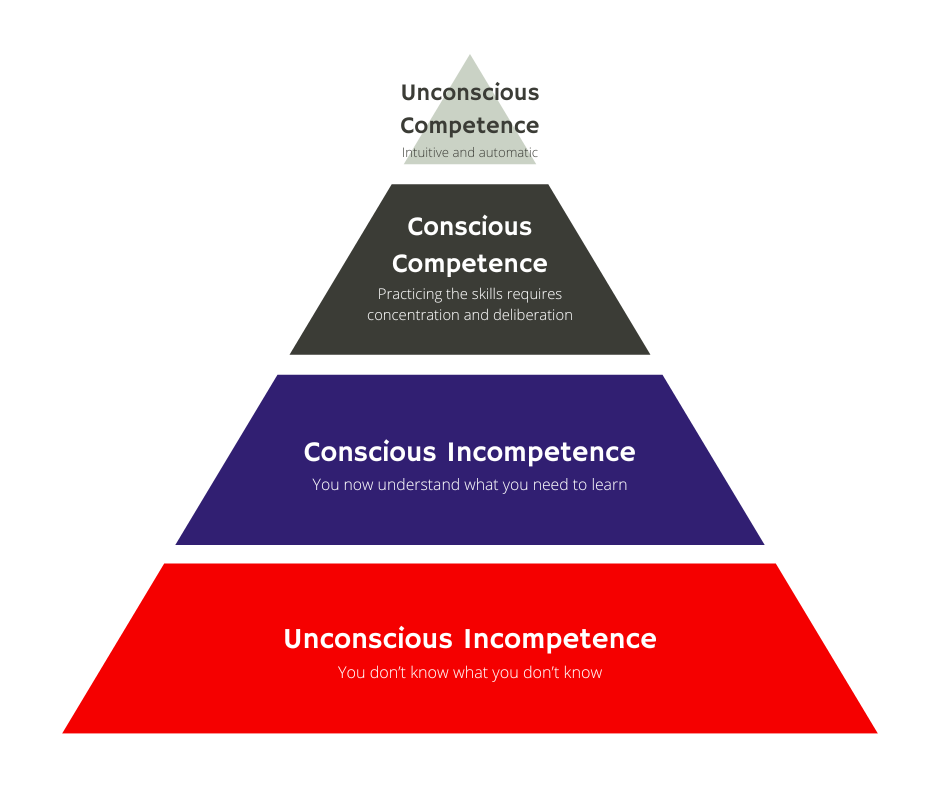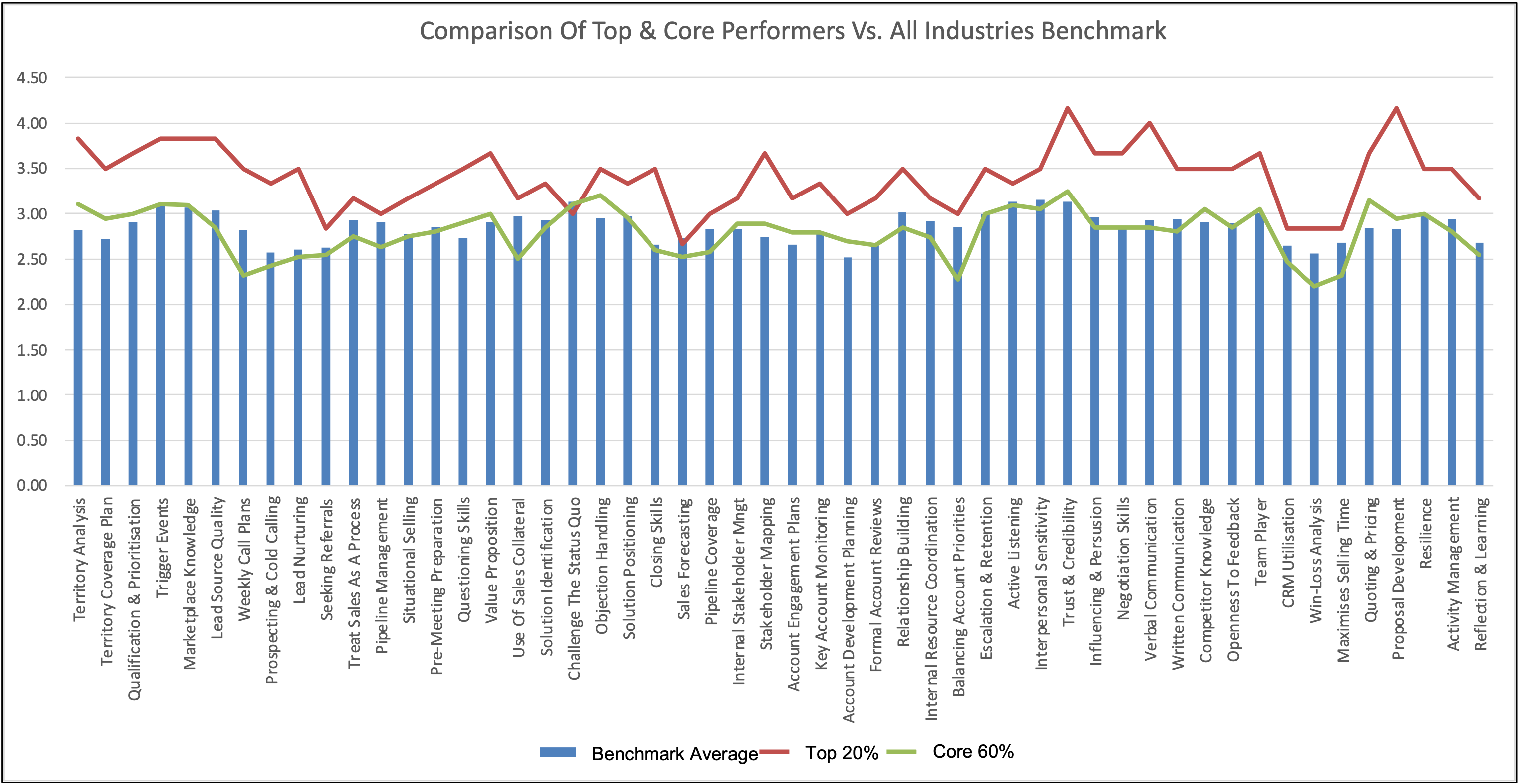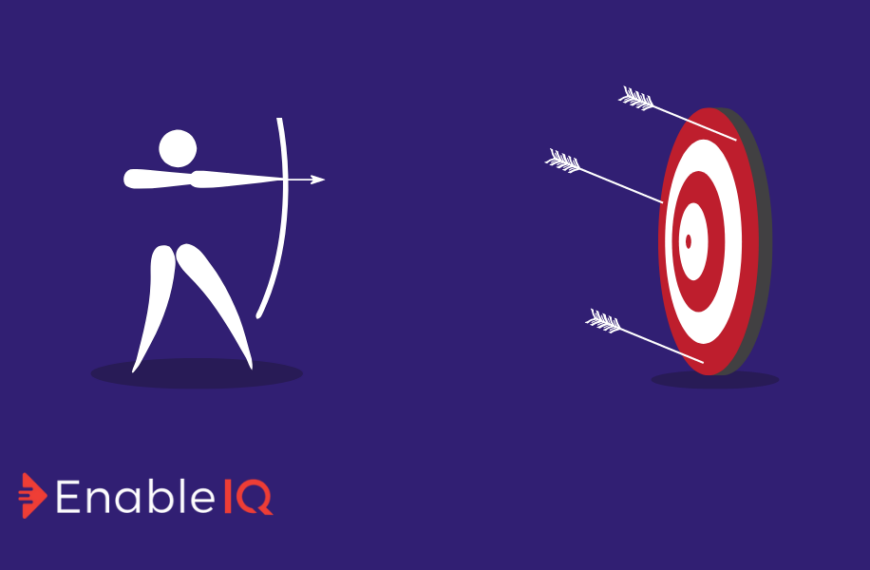Most sales leaders agree focused, needs-based training and development has the greatest impact on sales team performance and delivers the highest ROI.
Yet in most sales organisations, it’s common for the annual training and development budget to be allocated to generic programs like sales training, presentation skills or negotiation skills. Is it any wonder that the impact of this training is often disappointing and up to half of the sales team continue to miss quota?
The good news is there is a better way; and this is where a sales team capability assessment comes in. In this article we identify the elements and insights of a capability assessment and why it’s important to understand your team’s development needs.
What is a Sales Team Capability Assessment?
A sales team capability assessment is the most effective and reliable way of identifying the existing skills and competences of your sales team and the capability gaps that are having the greatest impact on current performance. It takes the form of a series of questions relating to core sales competencies and asks team members and direct managers to assess the perceived level of skill held by a salesperson.
When you conduct a sales team capability assessment you replace guess work with informed decisions. By identifying gaps in skills and abilities, the assessment tool allows you to focus your time and energy on areas that will have the most impact. For example, rolling out training on negotiation skills to the whole team won’t have a material impact on ROI if many of your people are scoring highly in this area.
In the highly competitive world of B2B sales, where sales leaders are consistently being asked to achieve higher sales targets with the same or fewer resources, it is critical that every member of your sales team is performing and contributing at their best; something you can only be confident of when you undertake diagnostic testing like a capability assessment to assess and prioritise development areas.
What insights can a capability assessment provide?
There are several compelling statistics to demonstrate the value of a reliable capability assessment and training needs analysis. From our years of experience conducting assessments on almost 1000 business, we’ve determined:
- The top performing sales professionals in any B2B sales team typically sell 3-6 times more than the rest of the team. Yet very few sales leaders have the tools necessary to determine what the top performers do differently to explain their higher performance.
- Two thirds of sales leaders are not confident that their sales team have the skills and competences required to achieve their full potential.
- Up to 50% of all sales professionals have never received sales training and are unable to accurately identify their personal development needs alone, because of the phenomenon of “unconscious incompetence”; they don’t know what they don’t know.
- When sales managers are asked to assess the current skills and capabilities of their team members, they typically identify 3-4 times more development needs than the individual sales people identify themselves.

What Are The Characteristics Of A Great Capability Assessment?
A best-in-class sales capability assessment must possess these key elements for it to add real value to the sales leadership team and enable them to realise the best possible return on their investment in training and development.
Focus at the individual sales skill or competence
Great sales people leverage a range of different and discrete sales skills and competences that we describe as the micro skills of sales success. There is no value in seeking to rate an individual in terms of a macro skill like “selling”, rather the individual skills that contribute towards effective sales performance need to be each assessed separately. This includes prospecting skills, qualification skills, territory planning skills, building rapport and questioning skills. Our sales professional capability assessment describes and assesses 52 discrete sales skills and competences.
Leverages both self-assessment and manager assessments
A key consideration in any capability assessment is who is best placed to assess the skills and competences of the members of the sales team? In our experience the best capability assessments leverage both a self-assessment by each team member and an assessment of each individual by their sales manager. The self-assessment is a great indicator of where team member feel they need or want to learn more, whereas the manager assessment is often more robust because they have perspective that is not affected by unconscious incompetence.
Allows segmentation of different performance groups
Whilst a capability assessment of the whole team will always shed light and provide useful insights in to the key skill gaps impacting the performance of the sales team, being able to assess and compare the skills profile of a top performer versus a core performer or bottom performer in the team is significantly more insightful. You need to understand the differences in skill and competence of your top performers in order to effectively prioritise which capability gaps to focus on.
Uses regression analysis to identify the skills with the greatest impact on performance
When a sales team first completes a comprehensive capability assessment it is likely that they will identify more critical capability gaps than it is realistic for them to address in one program. Therefore, they need to be able to prioritise the development needs that they will focus on. Whilst there are many ways to approach this prioritisation, the best way is to use regression analysis to determine which of the capability gaps is having the greatest impact on team performance, so that these can be prioritised and developed first.
Use both internal and external benchmarks to provide perspective
The results of a sales capability assessment are of limited value when you only determine the average capability rating for each competence. Much greater perspective and insight can be gained when you segment and plot the competence profile of your top performers versus the profile of your core performers because this will help you to understand which skills explain their higher performance. Also, when you compare your team against an all-industry benchmark you can be confident you ill be able to identify where your team needs to develop to win in the market.

How we can help
To begin your capability assessment journey, you can click here to identify key competencies to develop. For a full capability analysis of your team, or to address your identified skills gaps book a demo.


